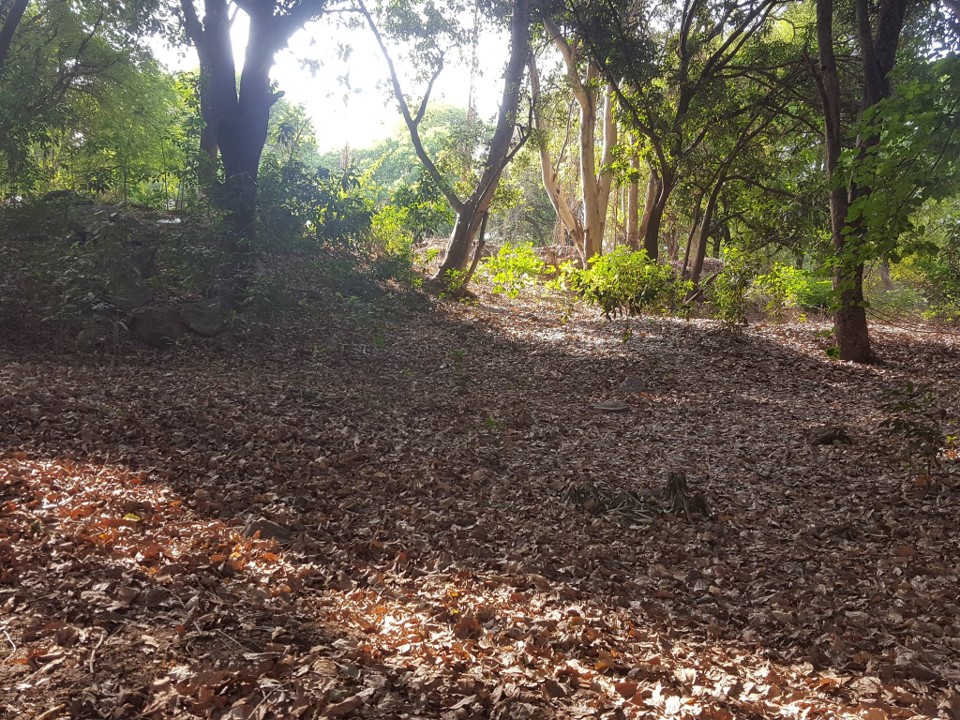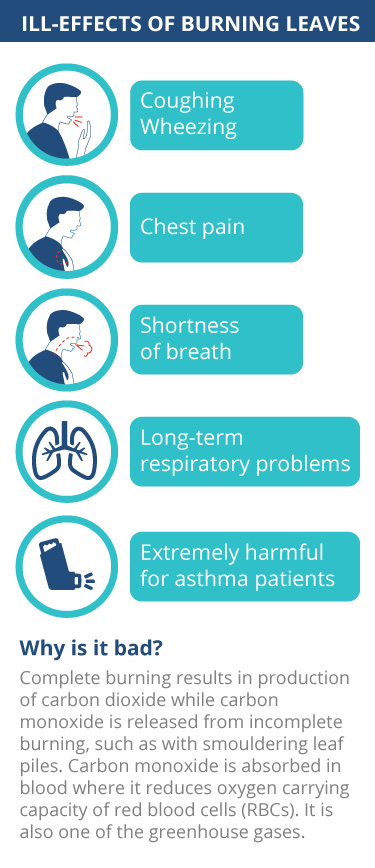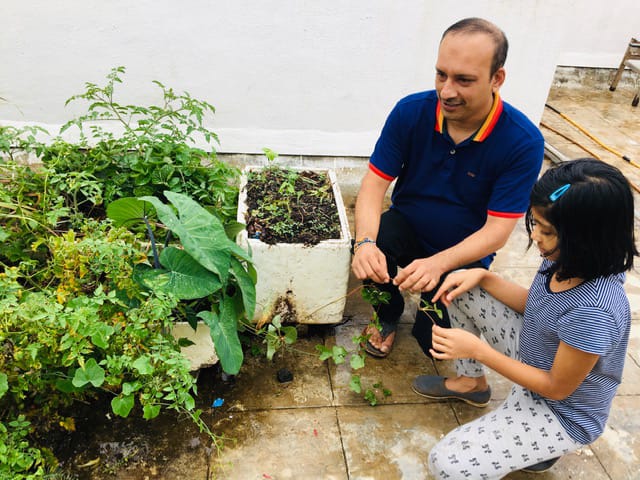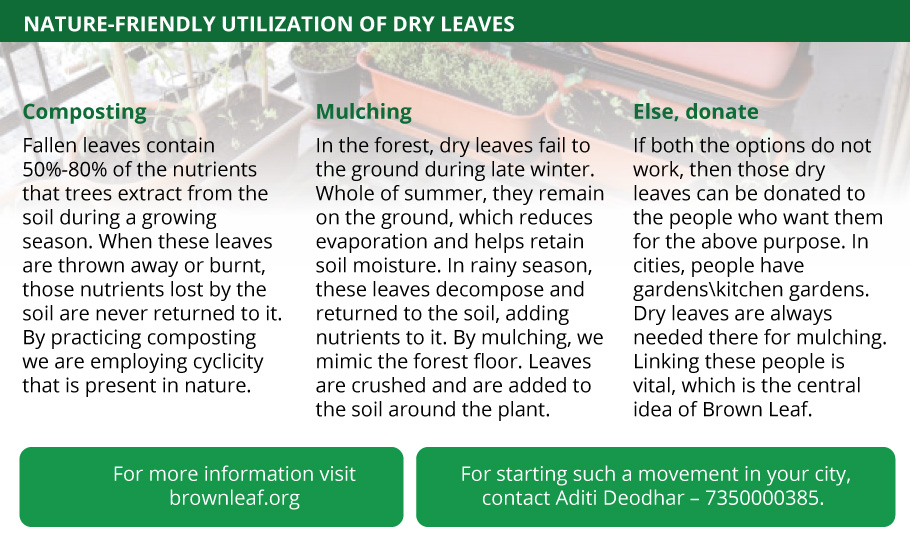
Don’t burn dry leaves, use them to improve soil quality
The raging forest fires in Odisha are garnering a lot of attention, but every day small fires in our cities go unnoticed just because of their decentralized nature. Along with garbage, we also burn dry leaves during the spring season, which is a direct cause of air pollution and a huge resource drain in terms of vital organic carbon lost from the soil.

The raging forest fires in Odisha are garnering a lot of attention, but every day small fires in our cities go unnoticed just because of their decentralized nature. Along with garbage, we also burn dry leaves during the spring season, which is a direct cause of air pollution and a huge resource drain in terms of vital organic carbon lost from the soil.
Then there is a belief that ‘irresponsible’ farmers and Diwali revellers need to be held accountable for Delhi’s ever-degrading air quality index. Why just Delhi? Every city – big or small – is faced with air pollution of myriad proportions, which can be directly or indirectly attributed to stubble burning or bursting of crackers.
Trees shed leaves from November to April. Housing societies, gardens and roads, office and school premises are littered with ‘brown gold’ that forms a thick blanket, enveloping open spaces. The municipal staff, besides maintenance personnel of housing societies and gardens find it highly convenient to burn and get rid of the huge piles of leaves that continue to fall till the end of June. Nature lovers say it is wrong.
The Air Prevention and Control of Pollution Act of 1981 makes stubble burning a crime. Then why can’t burning of leaves be declared a crime under the same provisions? After all, both cause exactly the same amount of damage to air quality and are equally responsible for degrading soil condition. Several municipal corporations impose fine on burning leaves, but lack of awareness results in easy violations. Also it is convenient for the municipal employees to burn the leaves and save time and energy required in collecting them and disposing them of in the right way.
The reason why this activity escapes the scrutiny of many is because it happens in a decentralised manner. Thick smoke bellowing from isolated corners of the city does not raise an alarm. But the collective harm has inexplicable disadvantages.

“One foremost disadvantage is the health hazard. Secondly, we are robbing the soil of its rightful resource. Brown leaves contain carbon and the soil needs this carbon desperately to improve its productivity,” says Aditi Deodhar from Pune, who initiated the Brown Leaf movement in 2016 to link those who have dry leaves with the ones who want them.
We burn the leaves and convert this valuable carbon into carbon dioxide or monoxide – both responsible for global warming and climate change.
But, why would anyone need brown leaves?
Aditi recalls her experiences of the past five years. “I work with the ultimate objective that not a single dry leaf should be burnt in our country. Initially, we started connecting people who had a lot of leaf litter in their yards with those who needed them desperately. The people who need them are the ones who have terrace/balcony gardens. Such people do not get good quality soil easily. Besides, cities do not have much accessible soil left,” said Aditi. The gardeners used leaves for mulching and composting. “Those who understand soil know what compost means for plants,” she added.
Gradually, donors realised the importance of this ‘brown gold’ which they were burning away for years. And, they started mulching and composting at home. Many of them are producing their own food now. “People got connected through WhatsApp for giving and receiving dry leaves. Now they are part of a big collaborative community,” says Aditi.

Awareness everywhere
The small thought that got a spark in this IT engineer’s head is spreading like a wild fire. People from cities like Delhi, Hyderabad, Lucknow, Kolhapur and many other places have got in touch with Aditi through Facebook and started similar movement in their own cities.
Often, the most important things in life are the simplest to do. While we love to talk about climate change and global warming, there is hardly anything we do ourselves to make a positive change. So, start today.
What can I do?
If you have brown leaf litter…
- Look for people who have terrace gardens and donate.
2. Or, mulch them yourself. Enough material is available online on this topic.
3. If you can, prepare compost yourself. Visit brownleaf.org to know more.
4. Stop municipal staff from burning them. Complain to your nearest ward office.




